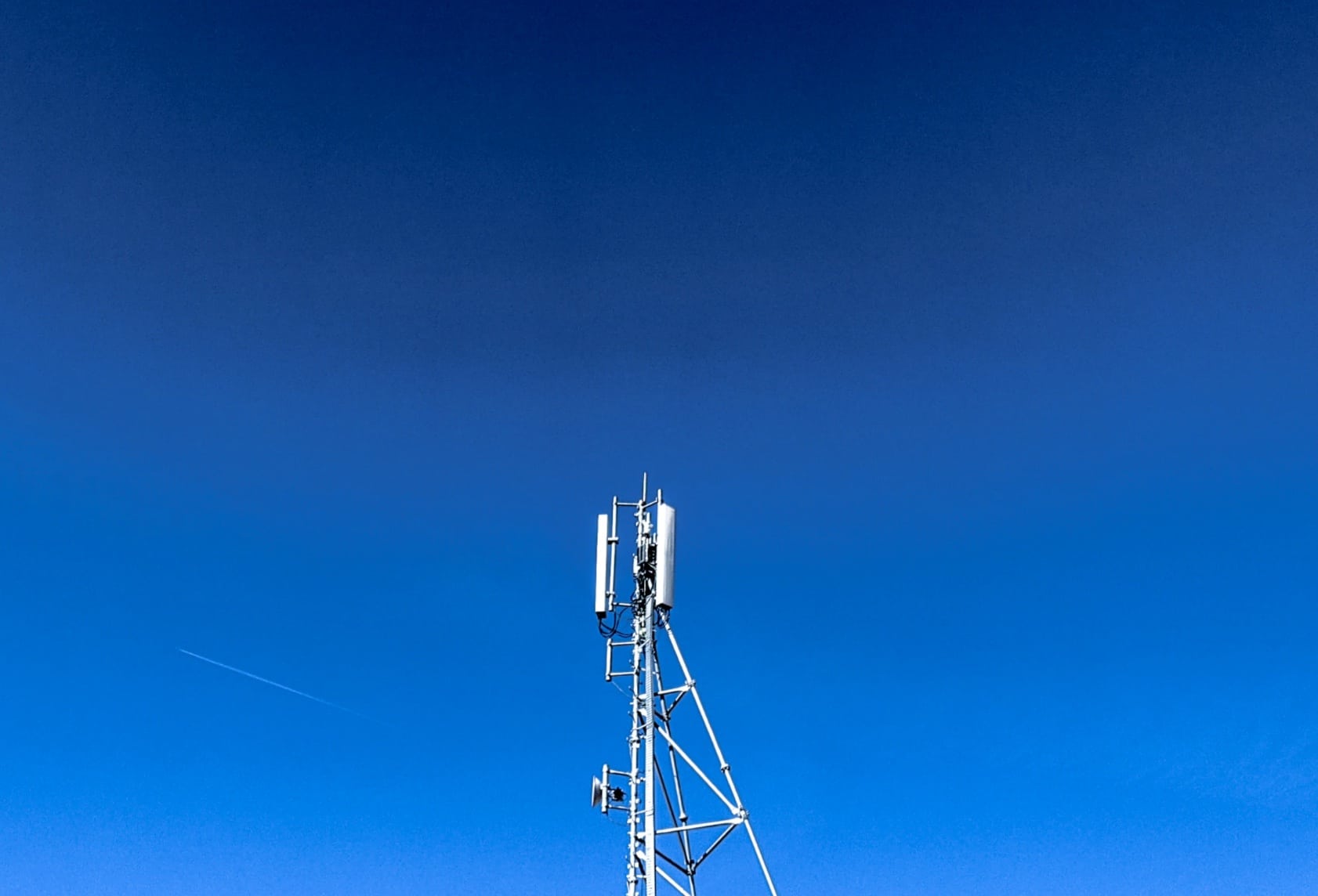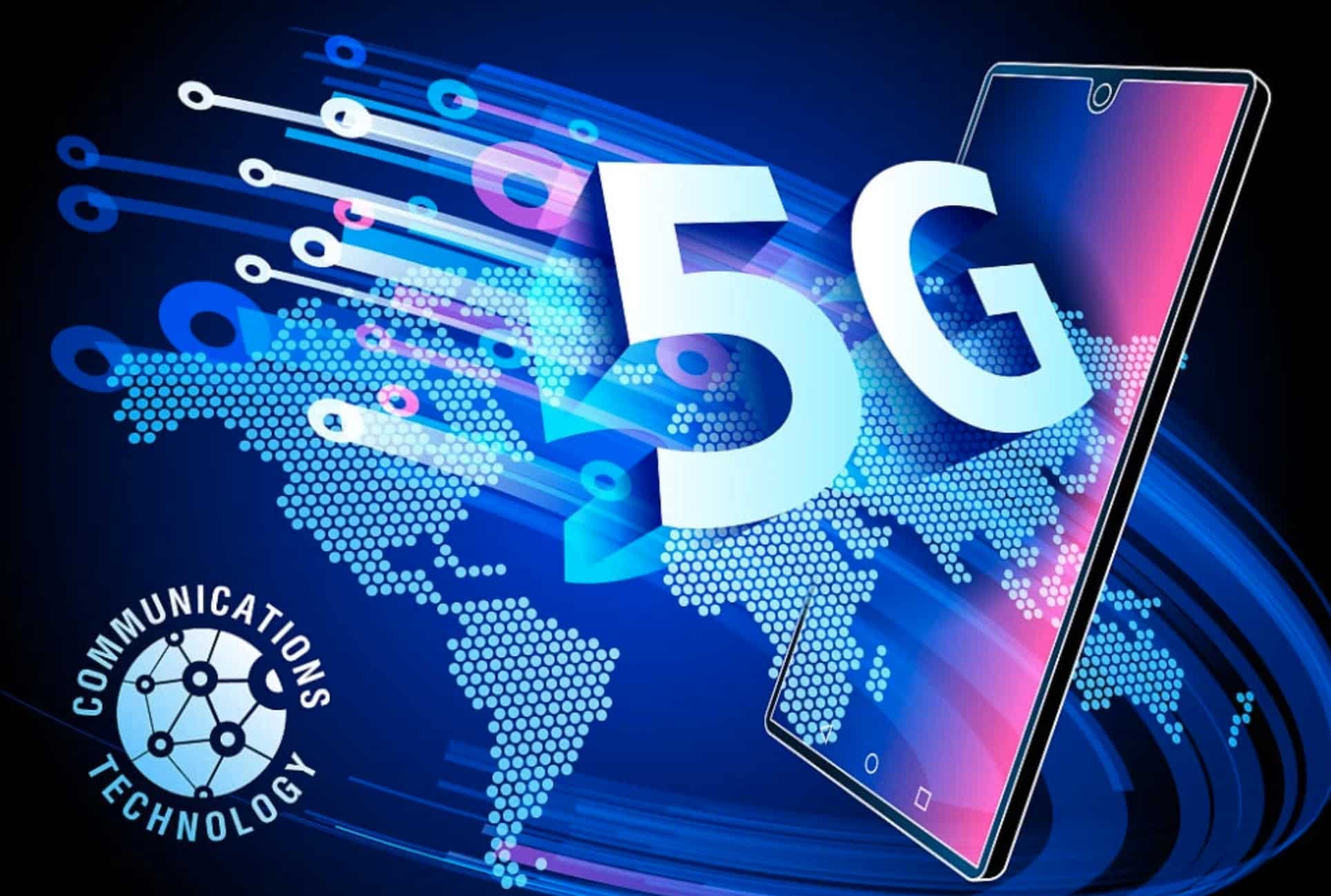
As 5G begins to become mainstream and competition to develop 6G has begun, South Korea's Samsung Electronics and China's Huawei are at the forefront of technology, especially in terms of base station technology that will form the backbone of the future, according to Nikkei Asian Review.
Standardization of the 6th generation network specifications is expected to begin around 2023, and thus development of devices and components is expected to start before commercialization of 6G in 2027.
South Korea and China, home to global manufacturers of mobile phones, base stations and electronic components, are using their expertise to spearhead the development of 6G technology standards through public-private partnerships.
South Korea is trying to be the first country to launch 6G commercial services, with Samsung and LG Electronics setting up research centers. In addition, South Korea is considering a 976 billion won ($800 million) development project.
China announced in November 2019 the official start of research and development on sixth-generation mobile communications (6G) technology, while Huawei launched research on 6G networks in Ottawa, Canada, in August.
Tetsuya Kawanishi, a professor at Waseda University in Tokyo, mentioned that in the 6G era, 1 billion base stations will be needed nationwide in Japan and 100 billion worldwide.
IHS Markit mentioned that three players, Huawei of China, Ericsson of Sweden and Nokia of Finland, control about 80 percent of the current base station market.
Europe intends to develop standards with the Third Generation Partnership Programmes (in cooperation with the Standards Organisations) and other institutions.
Trump wants the U.S. to be at the forefront of 6G technology and is planning to use Intel and other U.S. companies to establish a leadership position in chips used for high-speed data processing.
Under its "Beyond 5G" strategy, released in April, the United States Department of Communications has set an ambitious goal of capturing 30 per cent of the global market share for base stations and other infrastructure, compared with 2 per cent at present.
Japan is planning a 6G comeback. Tokyo wants 10 percent of the world's relevant patents to come from Japanese companies. Currently Samsung leads the 5G competition with 8.9% of patent holdings, followed by Huawei (8.3%) and Qualcomm (7.4%).
According to the Cyber Creative Institute, Japan's NTT Docomo ranked sixth with a 5.5 percent share.








